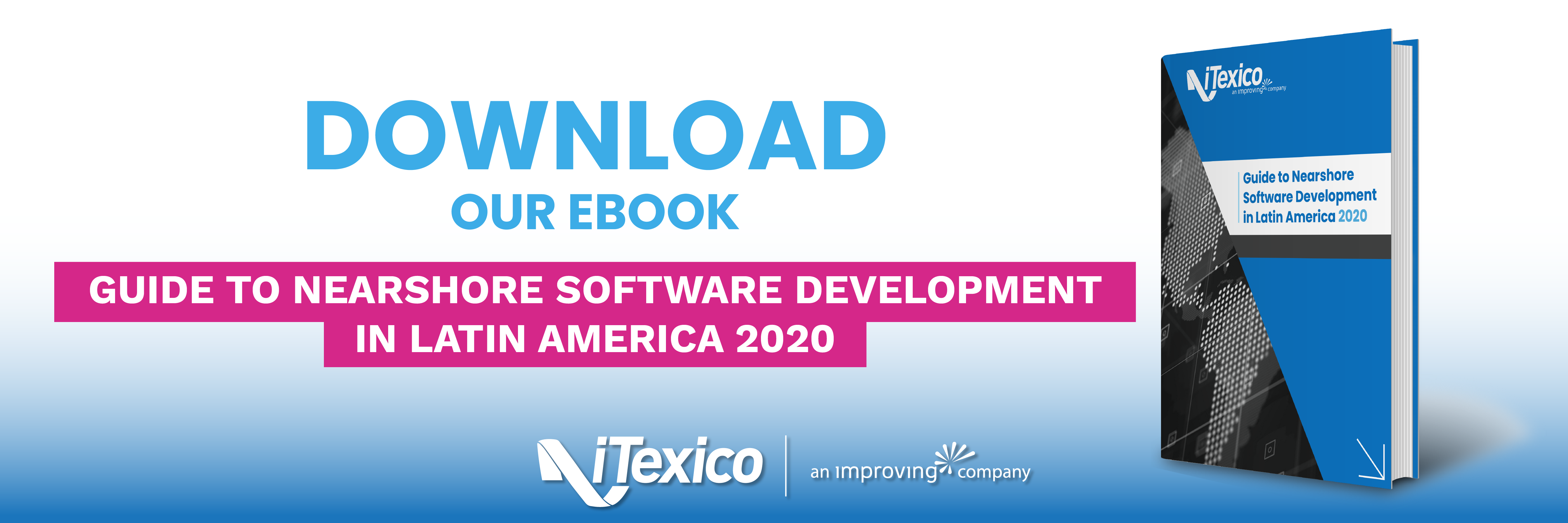The Benefits Of IoT Post COVID-19: How Businesses Can Resume and Restart?
6 minute read
The COVID pandemic has caused a seismic shift in the usual way of life. This unprecedented event has shaken up every sphere of human activity, from social interactions to corporate financing.
Apart from the big companies, small businesses have also suffered the brunt of the abrupt halt in regular trade. And if you are a freelance essay writer or designer, you have probably experienced a decline in sales.
But the internet of things (IoT) has not gone unscathed, albeit in a positive light. Since most companies rely on IoT applications, they had to address the changes in society. As a result, these changes have increased the worth of the IoT market by almost 13%.
Consequently, the IoT-influenced shift has forced companies to readdress their business strategies in anticipation of the new global economic and cultural landscape.
So, we will check out the role of IoT post-pandemic and how businesses can get back on track through digital transformation.
New Perspectives
Companies that previously ignored IoT will have no option than to adopt the technology. The sheer impact of the pandemic on the companies will motivate them to abandon the ‘status quo’.
Furthermore, most businesses will become IoT based companies focused on more agile models geared towards maximizing productivity. If you want your company to bounce back from the pandemic, you must consider drastic adjustments in monetization policies.
Some of these changes include:
- Subscription-based services
- Pay-per-use products
- Data collection and sharing models
Also, existing business models should be reformed, taking the new COVID regulations into account. These reforms will require a partial or complete overhaul of administrative processes within the organization. So you might benefit from changing your business strategy to adopt a service-oriented and analytical outlook.
In essence, if you have a business with an online presence, focus on monetization and conversion.
A Shift Toward Automation
Look around: everything is going digital. Concerts have moved online, classes are held on Zoom, and people are doing most of their shopping remotely.
According to Arvind Krishna, IBM’s CEO, the pandemic will force most companies to accelerate the adaptation of AI-based technologies. This new approach will reduce the dependence and pressure on humans. For example, health care professionals can benefit from automated systems when collecting and tabulating patient data.
Also, a closer analysis of the top businesses highlights this accelerated adaptation process towards automated operations. And that’s not even the half of it; social-distancing has also become an incentive for most companies to go completely digital and remote.
More so, if your business is still offline, you should hire a team of professionals to develop an online presence. Consider replacing humans with automated programs and robots, if possible. One thing is for sure; machines are not susceptible to pandemics. You only have to worry about digital malware.
Human Resource Reforms
Recovering businesses must adopt an IoT-oriented strategy focused on automating all or parts of their production process. Every company needs to invest in highly-skilled data analysts, engineers, administrators, and other financial and tech experts.
These changes will feature digitization and flexibility in sales, administration, and outreach. For example, you could replace humans working in a production line with robots or specialized drones.
Although industries like healthcare and medicine rely on human interaction and intuition, some robot assistance is always an improvement.
Better Transportation Solutions
The COVID-19 lockdown has decimated the transportation sector. Airlines are still struggling with the stop-start realities of living through a pandemic. As a result, most of them have adopted more automated production to replace humans.
Furthermore, big-name airlines have also been affected massively. Think about it: Lufthansa had to fire over 20 000 employees during the pandemic. This unprecedented coronavirus solution has laid the marker for other airlines to follow suit. As a result, air transportation will experience a significant IoT-inspired reform in the coming months.
Also, the automotive industry has suffered the brunt of the pandemic. People are no longer interested in buying cars. And public transportation is completely out of the question because of pandemic scares.
Moreover, employees no longer see the value of spending long hours in traffic when they can complete their tasks remotely. So, why spend money on transportation? In earnest, IoT-based businesses will benefit from the pandemic, while the transportation sector will struggle in the coming years.
Improved Security and Privacy
The main issue facing the industrial internet is security. The massive influx of data on internet platforms has precipitated more cyber attacks. Today, the frequency of attacks is increasing at unprecedented levels.
One might argue that the huge dependence on digitization has motivated these attacks. People with limited understanding of the digital space are getting acquainted with the technology. As a result, they are prime targets of attacks like ‘phishing’ and honey pots.
Nevertheless, you have to worry about keeping your business safe from malware. And yes, the reliance on IoT solutions for business will come under question. New regulations and guidelines will take effect to safeguard user data. But in the meantime, you need to invest in security, especially if you are in a data-oriented sector.
Monitored Performance
IoT-based companies will not struggle with industrial problems today if they adjust to the changing climate appropriately. Alternatively, businesses that are yet to adopt IoT platforms will struggle to evaluate employee performance and overall progress.
Since most digitized businesses provide a centralized platform, you can easily monitor employee and business performance. Many automated performance-evaluation tests have been developed to track the progress of the market strategies of companies. These tools are optimized to monitor various facets of your business simultaneously.
For example, people in online marketing can monitor traffic and conversion using tools like Google Analytics. Also, the uninterrupted connectivity of these IoT systems gives you access to enough data for performance analysis before and during the pandemic.
However, the effectiveness of these evolved performance evaluators depends on coverage and technical know-how. So, you must maintain an unabated communication channel with your customers.
In essence, the COVID saga has shaken up things in every sector of human life. These changes have been so impactful that most companies are shifting their focus to automation. Also, businesses recovering from the pandemic should consider remote work since it provides a centralized monitorable system. Ultimately, invest more in security to protect your business from malicious actors. At iTexico, an Improving company, our specialty is to drive business growth through digital innovation. Contact us and let us know how we can help.
About the Author
James Baxter is professional ghostwriter, editor at write my essay and blogger, who loves sharing his experience and knowledge with readers. He is especially interested in marketing, blogging and IT. James is always happy to visit different places and meet new people there.



Post Your Comment Here